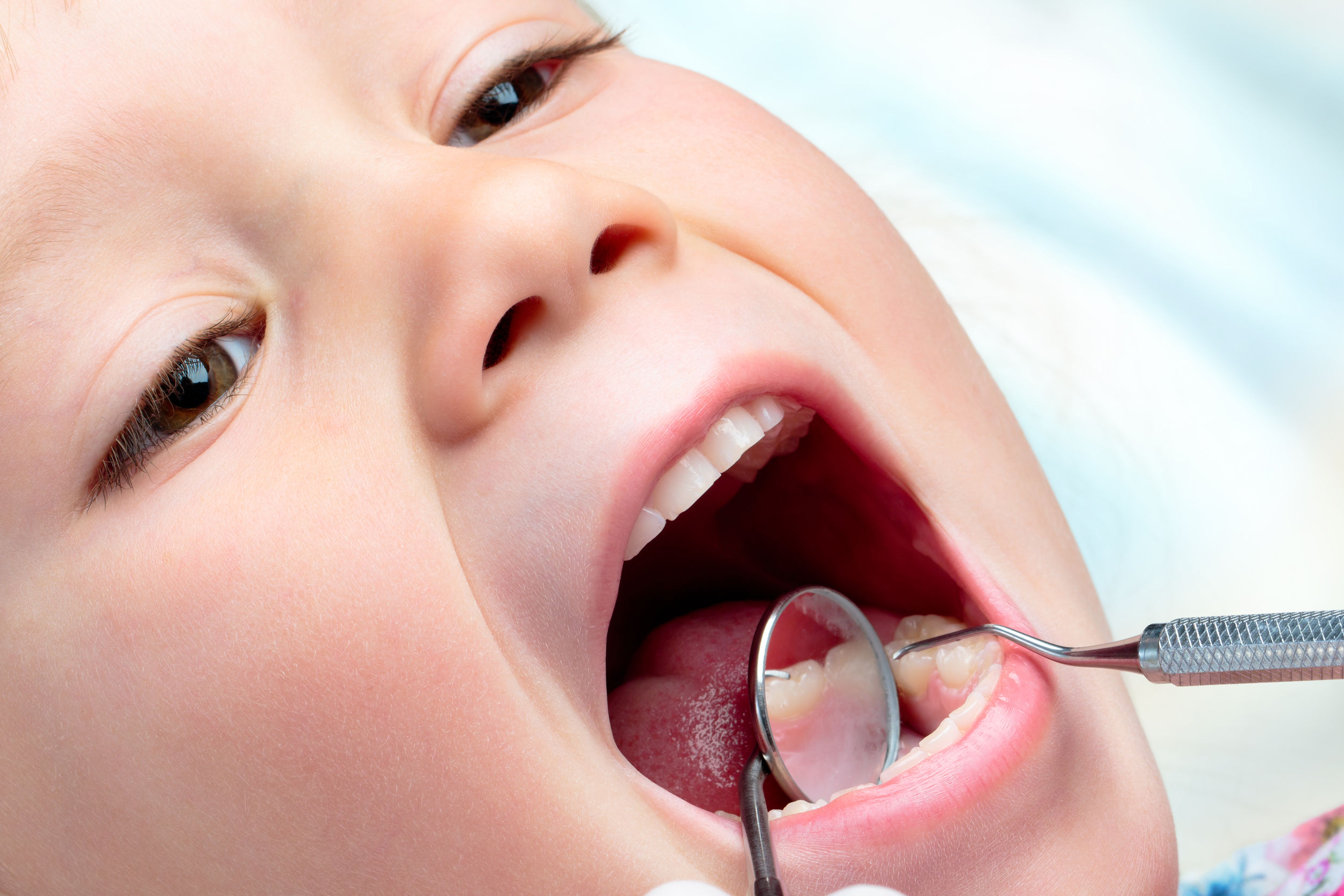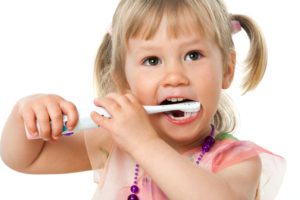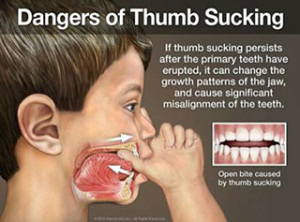Join us at Hartwell Dentistry as we explore how our teeth, mouth and gums change and develop as we grow. For the next 3 weeks, together we will discover what happens with our teeth during different stages of our life and what you can do to protect them for a lifetime.
Our bodies change as we age, and with changes, our mouth, our teeth and gum also change. In this blog we will share a brief rundown of what to expect with our teeth and gums at certain life stages.
Birth to 5 years old
The Facts
-
Did you know our dental health journey starts with our mothers? Statistically it is shown that women with poor oral hygiene are at a higher risk of giving birth to underweight and premature babies (You can read more about this in our dental pregnancy blog).
- Babies are born with a full set of deciduous teeth under the gum. These teeth usually start erupting at 6 months of age. This can happen earlier though. Did you know that some babies are even born with erupted teeth?
- As soon as babies’ teeth start erupting they are at risk of tooth decay! This is due to diet and also bacterial transfer from the mother.
- Tongue tie or Frenulum tie; this is where the small fold of tissue attaching the tongue to the base of the mouth restricts the tongues movement. This can cause complications with breastfeeding and growth and development of the teeth, jaw and palate. This in turn impacts speech, sleep, breathing and swallowing.
- Milk contains sugar. If children are falling asleep with the bottle, they can develop bottle caries.
- Pacifier, thumb or finger sucking and mouth breathing can lead to developmental issues such as poor speech and altered facial growth.
What you need do:
- Babies’ teeth and gums should be cleaned using a wet face cloth, gauze or soft child toothbrush, to remove food or bacteria that if left can cause tooth decay.
- If you suspect your baby with some frenulum tie concerns, see a trained frenulum dentist or medical practitioner to help avoid future growth and development problems.
- Avoid the habit of sleeping with a bottle, limit or cease use of pacifiers.
- Infants as young as 6 months or when their first teeth erupt should visit their dentists to prevent decays and other growth disturbances.
- Have regular visits to your oral health professionals.
How we can help:
Dr Dana Horng is passionate about children’s dentistry and how early visits to the dentist can result in catching growth and development concerns early. The way your child’s teeth, jaw, tongue and palate develop can have an effect on their health as adults. These issues can be rectified at a young age, and dentist are the first in line to notice these issues.
If you want to know more about your child’s growth and develop contact us at Hartwell Dentistry, we would love to help.
Join us next week, when we will learn about what happens with our dental health between 5-12 years old and 12-16 years.



